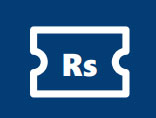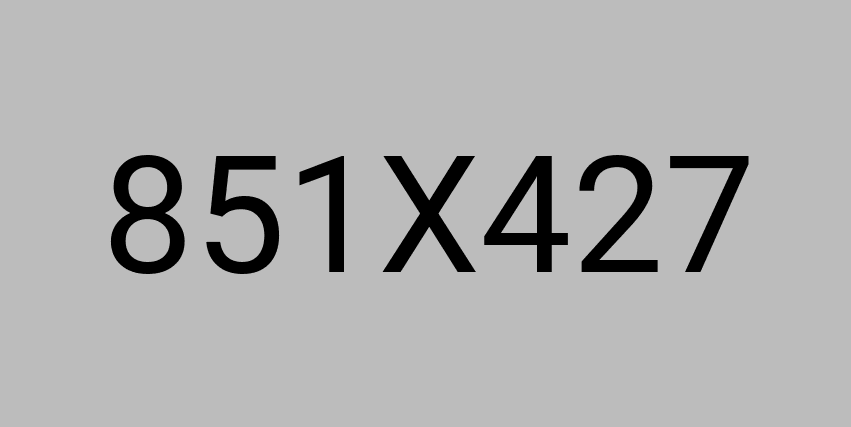Collusive Tendering by contractors
Several bidders might secretly agree to submit complementary high bids to allow pre-selected contractors to win contracts on rotating basis, or to divide contractors to win contracts by territory, or take other steps to defeat the competitive process and devide work.
Collusive bidding, also known as “bid rigging” will drive up prices in the affected industry. It is most common in industries with high start up and entry costs and relatively few bidders, such as road construction, paving and waste disposal.
Some form of bid rigging often accompanies kickback schemes in order to insure that corrupt company is selected.
The most common scheme is:
Price Fixing
Price fixing is an agreement competitors to raise, fix, or otherwise maintain the price at which their good or services are sold. It is not necessary that the competitors agree to charge exactly the same price, or that every competitor in given industry join the conspiracy. Price fixing can take many forms, and any agreement that restricts price that restricts price competition violates the law. Other examples of price-fixing agreements include those:
Establish or adhere to price discounts.
Hold price firm.
Eliminate or reduce discounts.
Adopt a standard formula for computing prices.
Maintain certain price differentials between different types, sizes or quantities of products.
Adhere to minimum fee or price schedule.
Fix credit terms.
Not advertise prices
In many cases, participants in price-fixing conspiracy also establish some type of policing mechanism to make sure that everyone adheres to the agreement.







